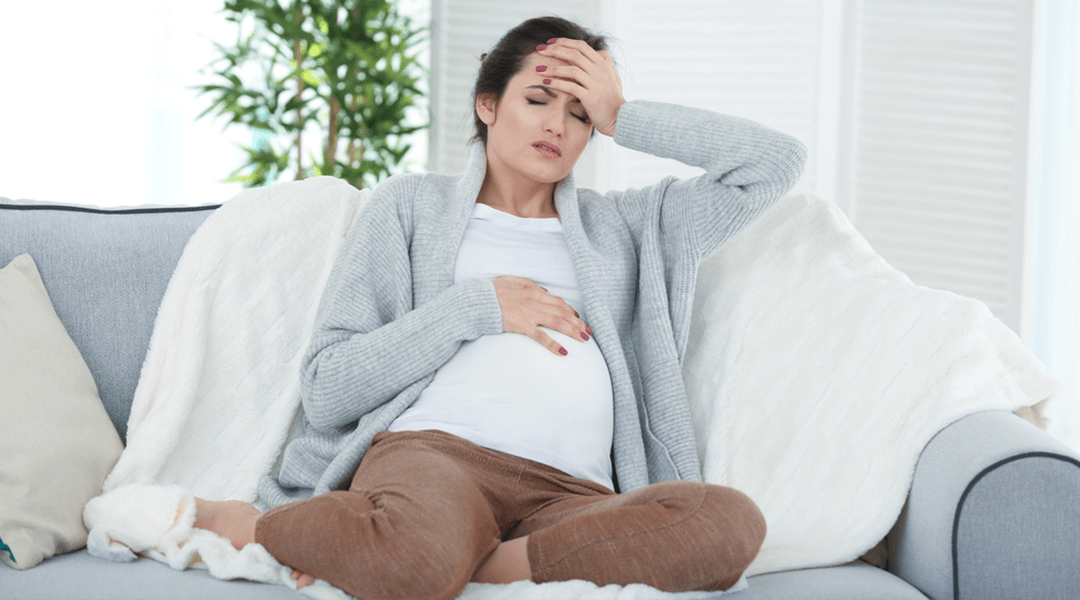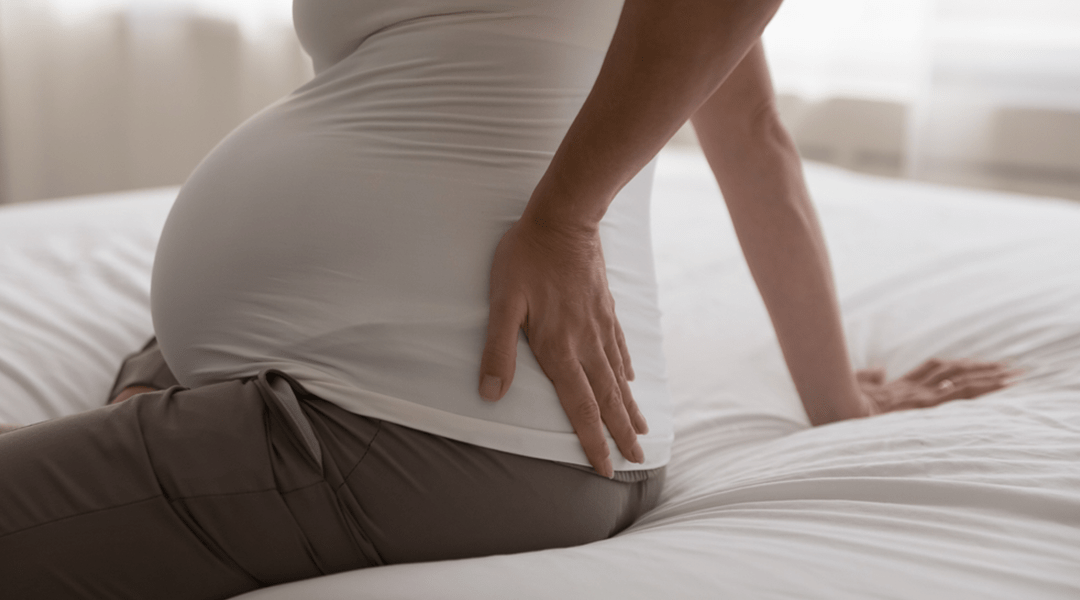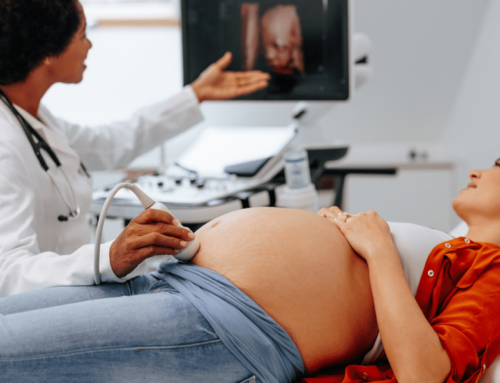At Trogolo Obstetrics and Gynecology, we walk alongside our patients every step of the way—from the first flutter of excitement to the final push in the delivery room. But let’s be honest: pregnancy isn’t always glowing skin and baby kicks. For many women, it also includes physical discomfort, emotional shifts, and pain that can be confusing or even scary.
If you’ve been wondering, “Does pregnancy hurt?”—you’re not alone. The answer is yes; pregnancy can be painful at times, and that’s completely normal. But knowing what’s causing the discomfort and how to manage it safely can make your journey much easier. Whether you’re in your first trimester or nearing delivery, let’s explore what pregnancy pain looks like, where it shows up, and, most importantly—what you can do about it.
As an experienced obstetrician in Jacksonville, Florida, I’ve helped thousands of women manage the ups and downs of pregnancy. Let’s break it down so you feel informed, prepared, and supported.
What Causes Pregnancy Pain?
Your body is going through one of the most transformative processes it will ever experience. Organs shift, ligaments stretch, hormones surge—all these changes can cause discomfort. Pregnancy pain can be completely normal, but it’s also important to know when pain may be signaling something more serious.
The most common causes of pain during pregnancy include:
- Hormonal changes, especially relaxin, which loosens ligaments and can affect joint stability
- Uterine growth stretching the muscles and ligaments of the abdomen
- Weight gain and posture shifts that place added stress on the back and hips
- Digestive changes, such as constipation and gas buildup
- Pressure on nerves, like the sciatic nerve
- Round ligament pain as the uterus expands
Most of this pain is not dangerous, but we always recommend open communication with your care team so we can monitor and guide you appropriately.
Early Pregnancy Pain Areas: What’s Normal?
In the early stages of pregnancy, discomfort can be one of the first indicators that your body is adjusting to support new life. Some early pregnancy pain areas that many patients report include:
- Lower abdominal cramping – Often similar to menstrual cramps, these are caused by the uterus expanding and changes in blood flow.
- Breast tenderness – Hormones such as progesterone and estrogen cause your breast tissue to become more sensitive.
- Back pain: Even in the first trimester, subtle changes in posture and hormones can start to affect the spine and muscles.
- Headaches – Shifting hormone levels, fatigue, and dehydration can bring on tension or migraines.
It’s easy to worry when these sensations pop up—especially if this is your first pregnancy—but rest assured, many forms of early pregnancy pain are entirely normal. If the pain becomes severe or is accompanied by bleeding, fever, or dizziness, it’s time to call your provider.

Mid and Late Pregnancy: Common Sources of Discomfort
As your baby grows, so does the list of bodily aches. In the second and third trimesters, you may experience:
1. Round Ligament Pain
Sharp or stabbing sensations on either side of your lower belly—especially when standing up too quickly or rolling over in bed—are signs of round ligament pain. It’s due to the stretching of the ligaments that support your uterus.
2. Back and Hip Pain
Weight gain, a shifting center of gravity, and softened joints can all pressure your lower back. Hip pain is widespread at night or after long periods of standing.
3. Pelvic Pressure
As your baby descends in preparation for birth, pressure on the pelvic floor increases. This may feel like fullness, heaviness, or a dull ache.
4. Braxton Hicks Contractions
Often called “practice contractions,” these are irregular, painless (or mildly painful) uterine tightenings. While not labor, they can be uncomfortable and confusing.
5. Sciatic Nerve Pain
When your growing uterus compresses the sciatic nerve, pain may radiate from the lower back down one leg. This kind of pregnancy pain can feel sharp, shooting, or burning.
Again, while these discomforts are usually harmless, knowing how to cope makes all the difference.
Does Pregnancy Hurt Emotionally?
While this article focuses on physical symptoms, we never ignore the emotional side of pregnancy. Hormonal swings, body changes, fear of the unknown—these can all lead to stress, sadness, or anxiety.
If you’re struggling emotionally, please know you’re not alone. Ask us for support, whether that’s counseling resources or just a listening ear. Pregnancy is not just a physical journey—it’s a whole-body, whole-life transformation.

How to Relieve Pregnancy Discomfort Safely
Now for the practical part: what can you do to feel better?
1. Prenatal Yoga and Gentle Stretching
Movement may be the last thing on your mind, but low-impact exercise can dramatically reduce pain during pregnancy. Yoga builds core strength, improves posture, and relieves muscle tension—especially in the lower back and hips.
2. Warm Baths and Heating Pads
A warm (not hot) bath can soothe aching muscles and promote relaxation. Use a heating pad on your lower back for targeted relief—but never on your belly.
3. Supportive Pregnancy Pillows
Investing in a quality body pillow can alleviate pregnancy pain at night. Try sleeping on your left side with a pillow between your knees to ease pressure on your hips and spine.
4. Pelvic Support Belts
Worn under your belly, these belts provide gentle compression and help take some of the load off your lower back and hips.
5. Hydration and Nutrition
Dehydration can increase muscle cramps, and poor digestion can lead to gas pain. Eat small, frequent meals rich in fiber, and drink plenty of water throughout the day.
6. Chiropractic or Physical Therapy Care
Many of our patients benefit from pregnancy-safe chiropractic adjustments or physical therapy exercises. These approaches can help realign your body, improve posture, and reduce pressure on nerves.
7. Massage Therapy
Prenatal massage, performed by a certified therapist, eases muscle pain and improves circulation. It can also be a powerful tool for managing stress and sleep problems.
When to Call Your Provider
Most pregnancy pain is manageable and benign. But there are times when discomfort could signal something more serious. Contact us right away if you experience:
- Persistent or severe abdominal pain
- Vaginal bleeding
- Fever or chills
- Painful urination
- Dizziness or fainting
- Severe headaches with vision changes
- Decreased fetal movement in the third trimester
You should never feel like you’re “bothering” us with questions or concerns. That’s what we’re here for.
What I Tell Every Patient
Here’s what I often say to our expectant moms: You don’t have to suffer through this. Pain is not something you “just have to deal with” to earn your way into motherhood. If you’re experiencing discomfort, let’s talk about it. There are safe, proven strategies to help you feel more comfortable.
Also, remember that every pregnancy is different. Just because your sister never had back pain doesn’t mean your experience isn’t valid. Your body, your journey—and your comfort—matter.
Final Thoughts: Your Comfort is Part of Your Care
Pregnancy is powerful and miraculous—but it’s also physically demanding. At Trogolo Obstetrics and Gynecology, we’re committed to more than just delivering healthy babies. We’re also here to care for you—to help you manage the aches, answer your questions, and ensure you feel seen, heard and supported at every step.
If you’ve been asking yourself, “Does pregnancy hurt?” the answer is yes—sometimes it does. But together, we can make it better.
If you’re struggling with pain during pregnancy, let us help. Request an appointment with our compassionate team today, and let’s find the right strategies to make your pregnancy more comfortable, joyful, and empowered.





